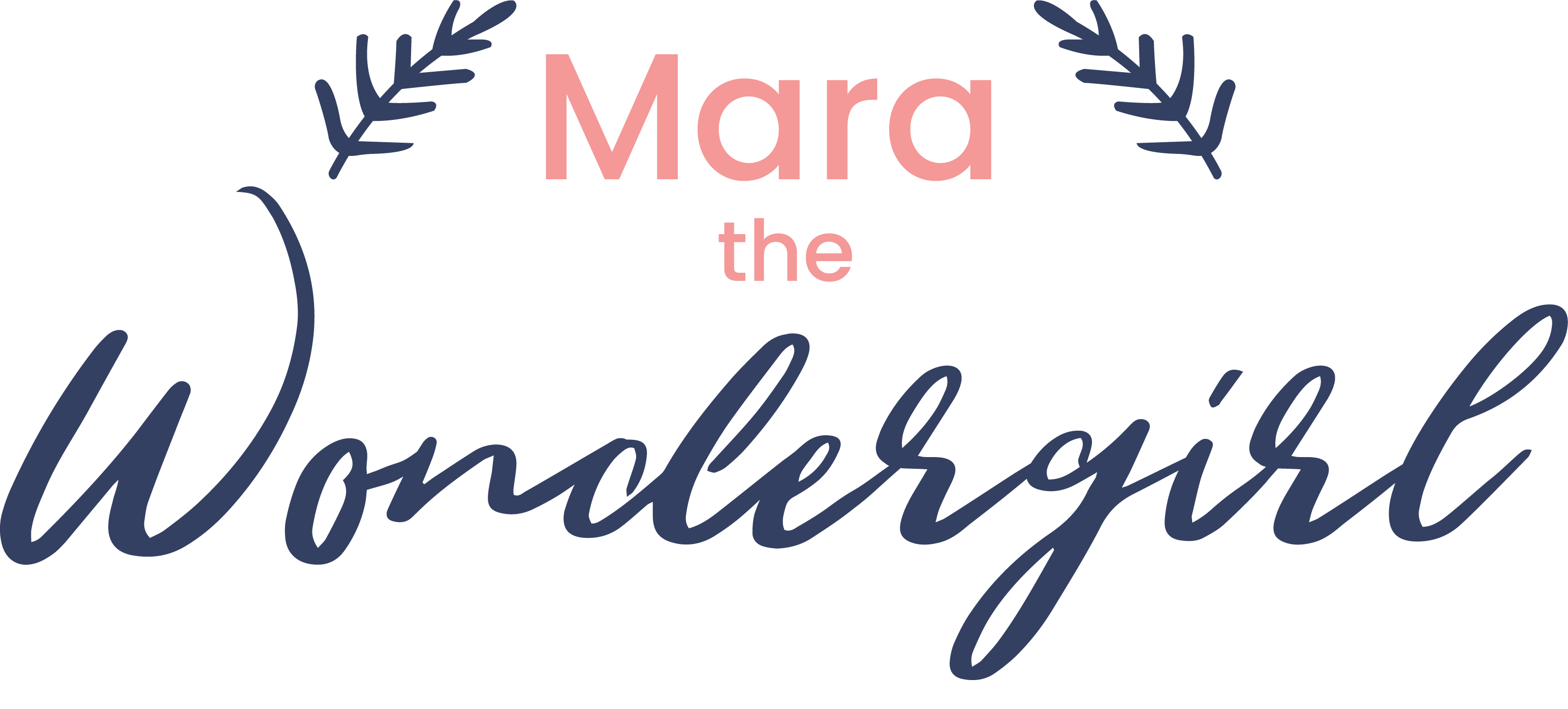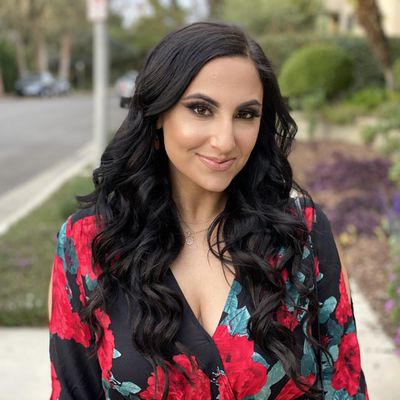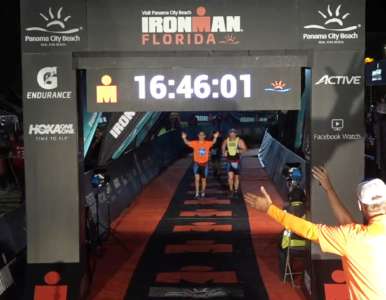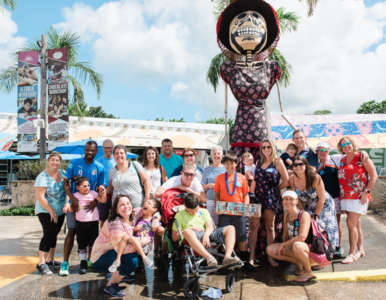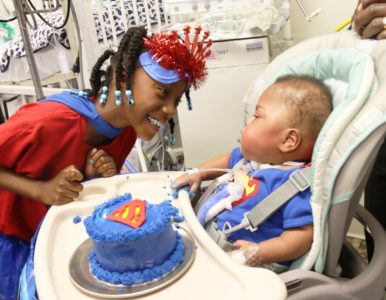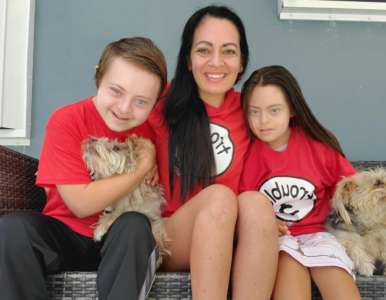It is such an honor to have the extremely talented journalist Allison Norlian as our first featured inspiring story. Allison is a 3-time Emmy nominee, Founder of production company BirdMine Stories and an incredible disabilities advocate who currently contributes to ForbesWomen. Allison’s story is a great example of how we can use our life experiences to create change in the world.
You describe yourself as a journalist whose goal is to speak for the voiceless. You use your platform to shed light on important issues impacting people with disabilities and other vulnerable and disenfranchised communities. What is the driving force behind such a powerful mission?
My driving force behind everything I do is my sister, Rebecca. Becky is my older sister. She is severely disabled. Doctors could never define her disability, but they describe her as having some sort of syndrome with autistic characteristics. Becky needs assistance in all facets of life– eating, bathing, dressing. But she is so smart– so much more intelligent than people have ever given her credit for. She is my big sister, and as I grew up, I watched how differently the world treated us. I can recall so many instances where Becky was on the receiving end of hate and discrimination. It infuriated me that people did not see my sister the way I saw my sister. Yes, she had challenges, and yes, she was different, but she was a living, breathing, beautiful human who deserved the same love and respect that any of us do.
As a child, I began my journey to advocacy for people with disabilities. I brought my sister into school for a presentation on differences; I would go to my sister’s day-program to learn more about how I could be a better sister to her. I would do walks, runs, and anything I could think of to spread awareness. When I was in high school, I had a teacher recommend that I go into journalism to combine my love for writing with advocacy and the rest was history. Journalism, reporting, and writing would be my way of speaking for my sister and people like her. It would provide me with a larger platform to change the world and the way people define and view disability.
As somebody who looks for stories that are often untold, was it difficult for you to bring these conversations to mainstream media, such as ForbesWomen?
Being a contributor for ForbesWomen has been one of the greatest blessings of my life. At FW, I have complete autonomy over my writing. I was able to choose my beat: women making an impact through business and entrepreneurship in disability and other vulnerable communities. I will forever commend ForbesWomen for bringing on contributors to write about unique and often unheard perspectives– like the people and communities in my writing.
As for other outlets I have worked for, they were usually open and allowed me to write stories about these communities. Still, it was among all the other work I had to do– breaking news, news of the day, etc. So these pieces would unfortunately often get left behind.
However, at my last news station, NBC12 in Richmond, Virginia, I did so much work involving the disability community that I won a Catalyst For Change award from The Arc of Virginia. I am forever appreciative that my bosses saw the importance of these stories and continuously allowed me to produce content about and for this community.
Many people may want to advocate but do not know where to start. Or they may think that one person cannot cause real change. You have been able to advocate in a major way as a writer, but I am sure that your advocacy started well before you became a journalist. What are some ways that those who may be intimidated may start to advocate for their personal cause?
I think it all depends on how you want to advocate. There are indeed so many things you can do. Before I became a writer, my advocacy was to participate in runs/walks, raising money for the Autism Society and my sister’s school, The Larc School. I would talk about my sister and disability with friends and acquaintances in hopes of educating them. I would tell people not to use the “R” word.
Also, just having my sister as a visible part of our family was advocacy in itself. We never hid Becky. We celebrated her life and her differences. She went everywhere with us– meeting the people we were meeting. Exposing the public to people like my sister and others with various abilities helps change the conversation and ‘normalize’ differences within our society.
Today, there are so many more ways to advocate too. Social media provides all of us with a platform and the ability to reach thousands, if not millions, worldwide.
One of the biggest struggles for special needs parents is fearing how life will be different for the rest of the siblings, given the additional demands that a special needs child may require. As a sibling yourself, how has Becky made you who you are today and who do you think you would be without her in your life.
I want to start by saying that Becky and my mother are the reason I am who I am today. My mom raised Becky and me as a single parent– meaning life wasn’t always easy. In fact, it was often difficult. But it was still beautiful.
Becky has infinitely shaped my life and taught me more about life and love than I could have learned anywhere else.
She was my childhood companion; we played together, danced together, sang together and spent all our time together. I was learning, appreciating, and loving a person I had to communicate differently with from birth. She did not speak, yet so much was spoken between us than could have ever been said.
Becky is the reason I matured relatively fast. I am often told that I am ‘an old soul.’ As a child, I helped bathe and change my sister’s diapers. I fed her meals, read to her, and even tried to teach her new words and skills. While my friends were out hanging with other friends on the weekends, I was babysitting my sister so my mom could have a break.
All of this– this type of upbringing– taught me a kind of compassion and patience not taught in schools. I honestly do not know who I would be without my sister. But I know I’m better because she was my ‘cheeks.’ (My nickname for her– as a kid, I always thought she had the cutest cheeks! haha.)
Follow Allison on Instagram, Facebook and Twitter and see her stories on ForbesWomen.
